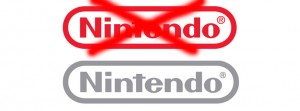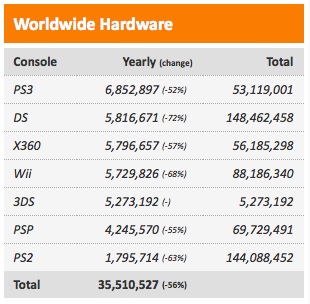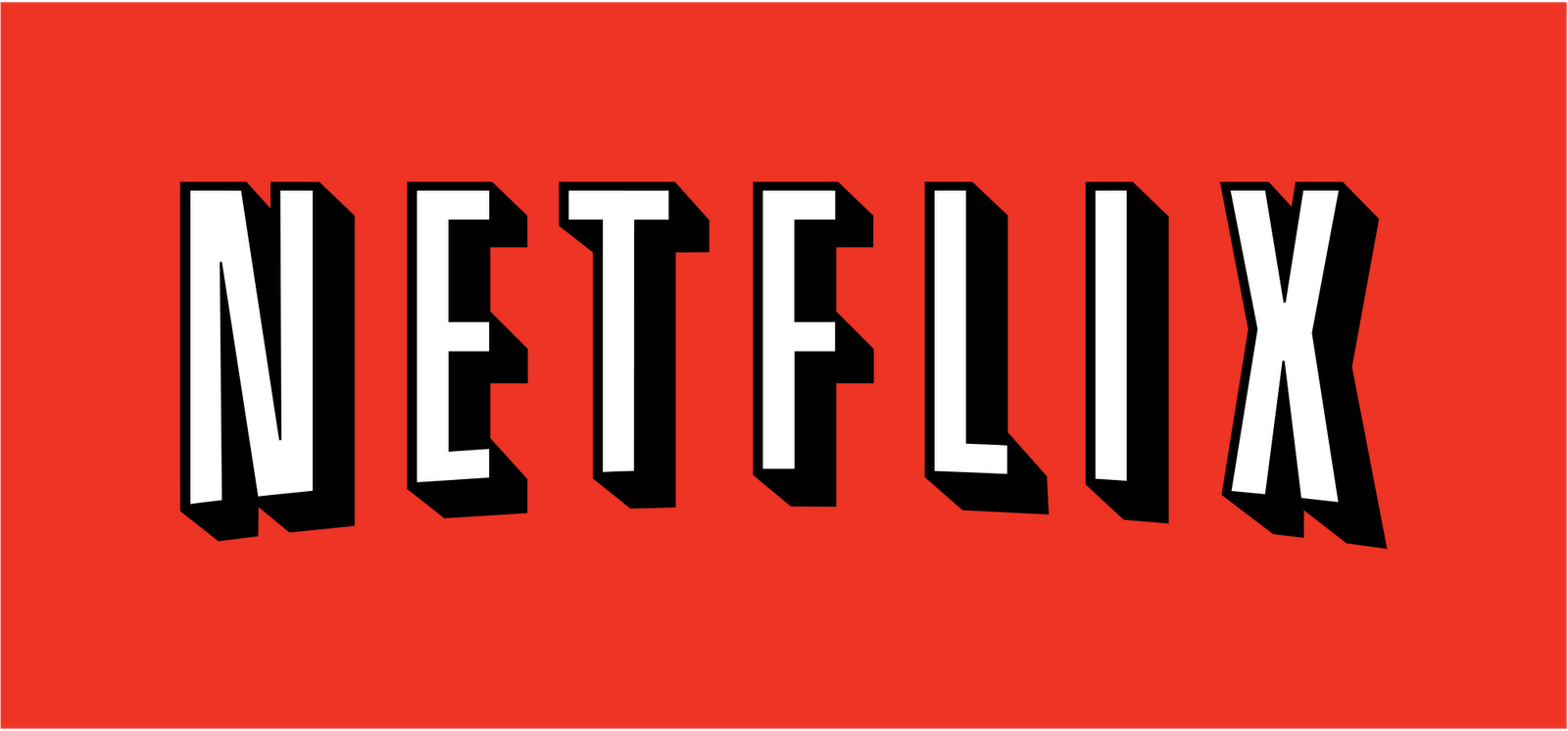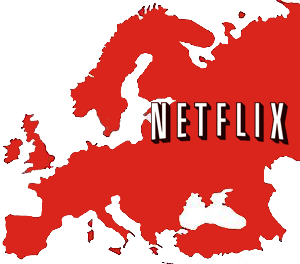 Solyndra, a manufacturer of thin-film solar cells, was founded in 2005 and recently declared bankrupty on the 31st of August.
Solyndra, a manufacturer of thin-film solar cells, was founded in 2005 and recently declared bankrupty on the 31st of August.

Fig 1) 20% reduction of power cost due to absorbtion of sunlight from any angle as opposed to regular solar cells
The company’s exclusive technology (see Fig.1) was promising. In 2005, Solyndra managed to raise over 1 billion US$ in the first years after its foundation from a variety of investors – in addition, the US Department of Energy granted a loan of over 500 million US$ in 2009. The falling prices for silicon, a major part in the regular solar cell production, scooped Solyndra’s competitive advantage and made competition on the photovoltaic market very difficult.
Considering that Solyndra’s revenue for 2009 was only 10% of the raised investments (100 mio. US$), it’s hard to understand how the US government could invest almost half a billion of taxpayer money in an ill-fated company that has now finally declared bankruptcy. Innovative energy concepts have to be encouraged and supported, but they also have to be economically sustainable. Otherwise, investments in allegedly promising companies to support the public image of a “green thinking government” can lead to unexpected losses if the profitability of a company is not a crucial aspect of the decision.
Sources:
1) http://www.triplepundit.com/2011/09/solyndra-bankruptcy-economic-sustainable-business-lessons/ ; Jonathan Mariano, 02.09.2011
2) http://blogs.scientificamerican.com/plugged-in/2011/09/27/solyndra-illuminating-energy-funding-flaws/ ; Melissa C. Lott, 27.09.2011










